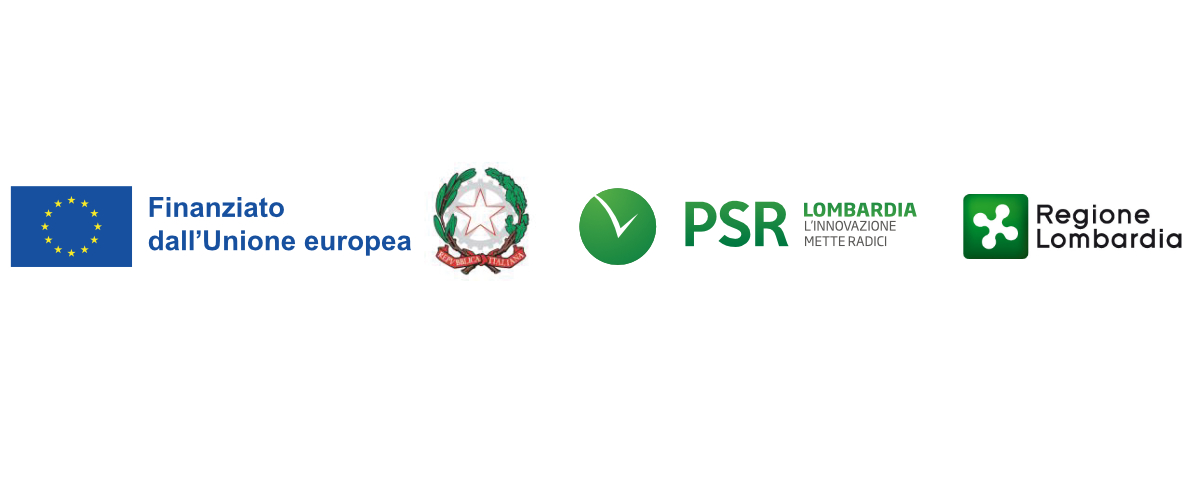Production Regulations
Home » Production Regulations
The Production Regulations of Provolone Valpadana PDO
The Protected Designation of Origin regulates the belonging to a category considered of excellence in food and wine.
Provolone Valpadana was recognized as a PDO product in 1996. Since then, therefore, all its producers must strictly comply with the Production Regulations.
The latter is a regulation that has the task of providing precise guidance and identifying quality standards for the production of this cheese.
In order to obtain the Protected Designation of Origin, in fact, it is necessary to possess the requirements. The first of these is that only products whose entire production process takes place within a given geographical area can obtain the PDO qualification.
Thus, the Specification provides that only cheese produced with milk from the production area indicated in, it may be defined as Provolone Valpadana PDO.
The definition of Provolone Valpadana
The regulations also provide a definition of Provolone Valpadana, specifying that it is a “spun paste semi-hard cheese made from whole cow's milk, with natural acidity from fermentation, from cows raised exclusively in the selected production area”.
In order to be included in the Protected Designation of Origin it is necessary to have traceability of the entire production process, starting from the origin: the feeding of livestock must also follow certain standards!



